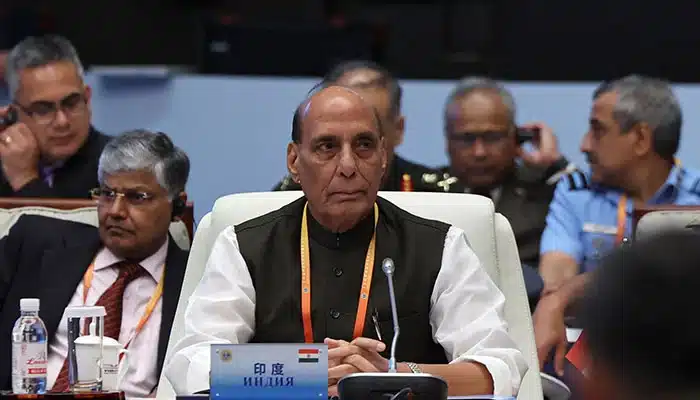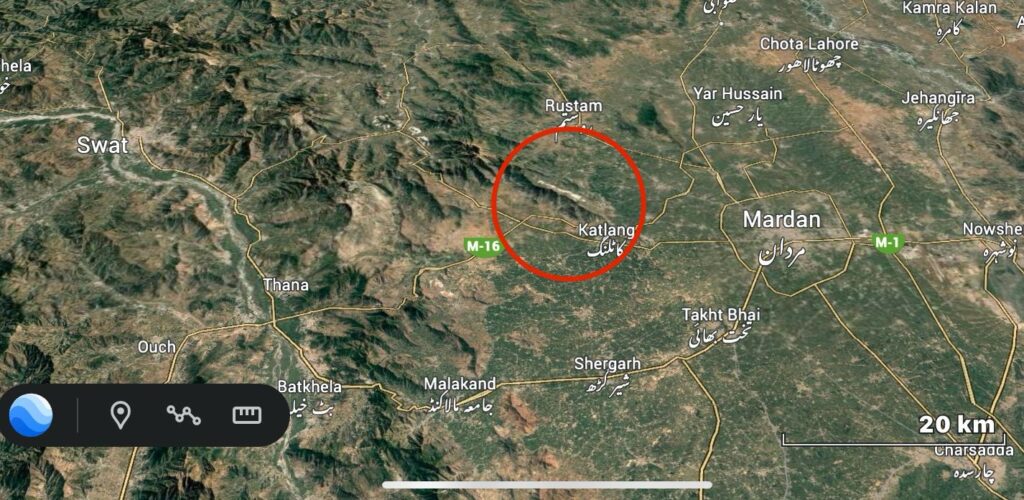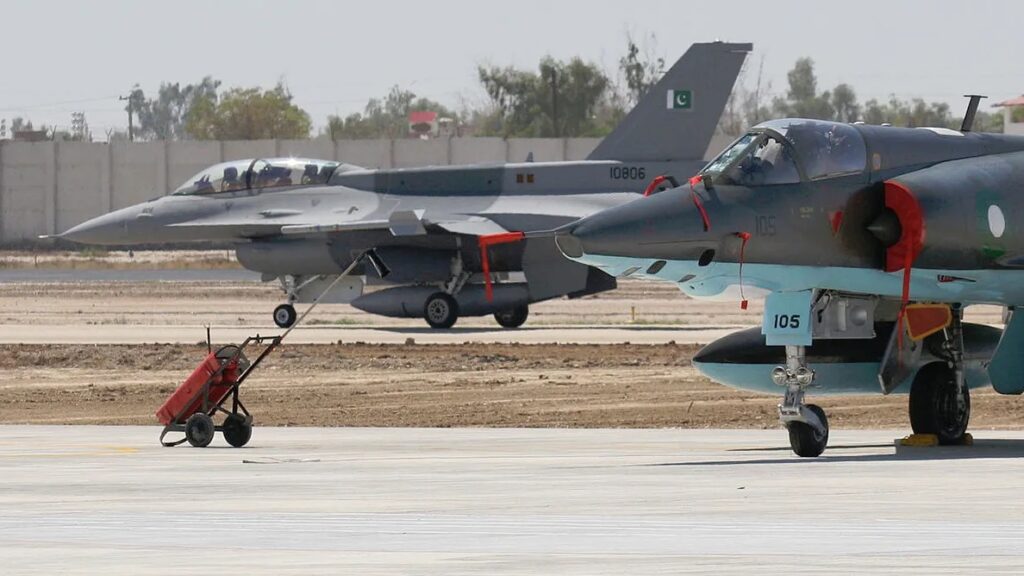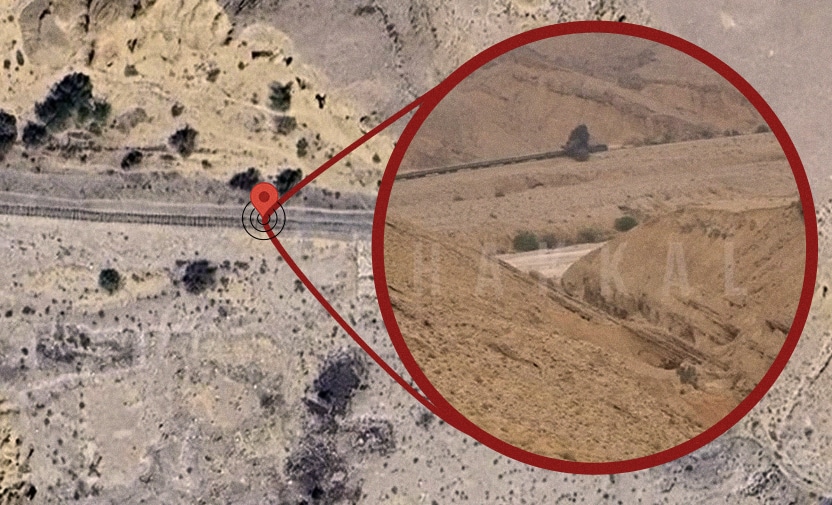QINGDAO: India on Thursday refused to sign a joint statement at a Shanghai Cooperation Organisation (SCO) meeting in China. The reason: the document mentioned terrorist activities in Pakistan’s Balochistan.
According to The Times of India, Defence Minister Rajnath Singh represented India at the SCO Defence Ministers’ meeting in Qingdao. Ministers from 10 member states attended, including Russia, China, India, and Pakistan. Due to disagreement on terrorism references, the group dropped plans to issue a joint declaration.
India declined to endorse the final document because it referred to terrorism in Balochistan, where Indian’s proxies- the Balochistan Liberation Army (BLA), the Balochistan Liberation Front (BLF) and Tehreek-e-Taliban Pakistan-are active in terror activities. Singh’s stance effectively blocked consensus.
The Indian proxy Fitna al Hindustan is involved in terror incidents, and Islamabad has, on several occasions, shared concrete evidence of Indian involvement in terrorism in Balochistan.
A day earlier, Pakistan’s Foreign Office confirmed that Defence Minister Khawaja Asif would represent Islamabad. However, it clarified that no bilateral meeting with his Indian counterpart was scheduled.
The statement followed Turkish media reports suggesting a possible breakthrough meeting between Pakistan and India, their first since recent cross-border military tensions.
Earlier this week, Pakistan’s National Security Advisor (NSA), Lt Gen Asim Malik, joined the 20th meeting of the SCO Security Council secretaries in Beijing. He met Chinese leaders and delivered a speech outlining Pakistan’s views on global and regional security. He also met officials from other SCO countries to boost security cooperation.
During the Qingdao huddle, Singh expressed India’s strong concerns about terrorism. He urged SCO members to adopt a firm and unified approach.
Also Read: Fitna al Hindustan claims responsibility for assassinating Ataur Rahman Mengal
“The biggest challenges in our region involve peace, security, and lack of trust,” Singh said. He emphasised that “reformed multilateralism” could help reduce conflicts through dialogue and cooperation.





